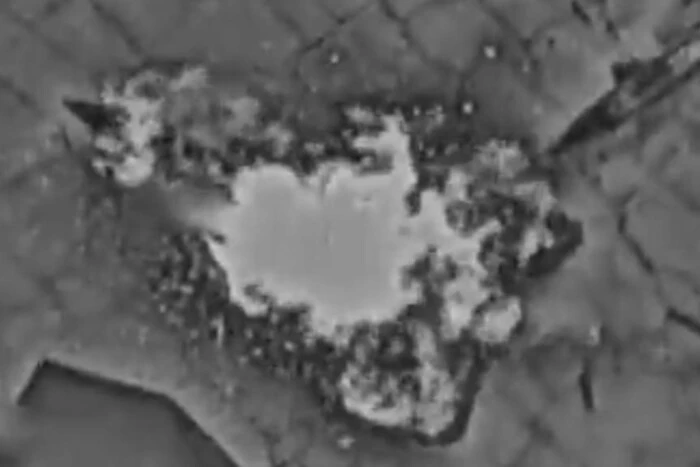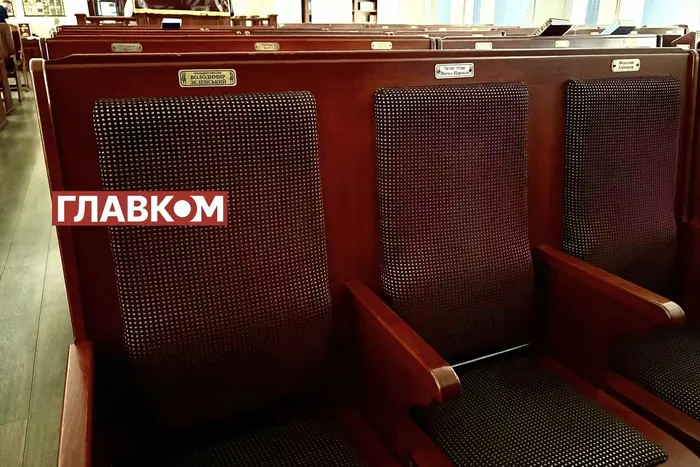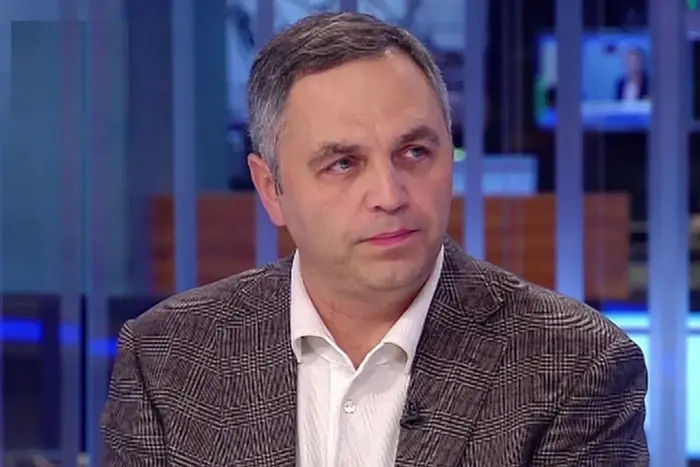Lubinets warned families of prisoners of war and missing persons about fraudsters.


Recently, fraudsters have increasingly exploited the complex emotional states of military families for their vile deeds. This was stated by Dmytro Lubinets, who is responsible for human rights in the Verkhovna Rada. The information was provided to the publication 'Glavkom'.
Recently, the activity of fraudsters posing as representatives of important structures or assistants to the military has increased. Their schemes are becoming more and more complex. For example, they promise to include the missing soldier in the exchange list for money or try to extort funds, assuring that the serviceman needs urgent medical treatment. The fraudsters do not shy away from psychological pressure on the military families. In addition, they attempt to gain access to banking information and involve military families in mass appeals to authorities.
Fraudsters' schemes:
- "Inclusion in the exchange list". Fraudsters pose as representatives of important structures or "assistants" and promise to include the defender in the exchange list for money.
- "Your relative is in the hospital". The perpetrators assure that the missing serviceman needs urgent treatment and that money must be transferred immediately for this.
- Extortion and threats. Fraudsters call relatives, demand money, threaten, and apply psychological pressure.
- Obtaining banking information. Under the guise of "help", fraudsters try to gain access to the cards receiving payments to misappropriate the funds.
- Manipulations with mass appeals. Families are urged to send mass appeals to state and international structures, send evidence in private messages, and spread such "instructions" in chats for families of the missing.
Lubinets emphasized that these fraudsters are yet another information-psychological operation by the Russian Federation, which has no relation to the real exchange process and only leads to chaos and misinformation.
"Remember that the exchange process falls under the state's responsibility. There are no 'paid contributions'. Personal and financial data are protected. In such situations, any information may seem like a chance, and that is what the fraudsters take advantage of. Be careful and protect yourself and your loved ones. In case of suspicious circumstances, contact law enforcement agencies," Lubinets emphasized.
By the way, in one of the regions, a group of scammers was uncovered, who deceived military families by promising help in returning missing or captured soldiers but were actually just extorting money.
Criminal fraudsters exploit the emotional state of military families for personal gain, slipping into an abyss of deception. Lawyers urge vigilance and not to fall for these manipulations, recommending that in case of doubts, contact law enforcement agencies.
Read also
- Iran has once again launched missiles towards Israel
- Israel destroyed Iranian F-14s at Tehran airport
- During a flight, a Russian airplane's engine cover tore off (video)
- Chief Rabbi of Ukraine invited President Zelensky to prayer at the central synagogue
- Did Portnov arrive in Ukraine shortly before the murder? Comment from the State Border Guard Service
- A man has been arrested in Hungary for threatening to behead Orban









